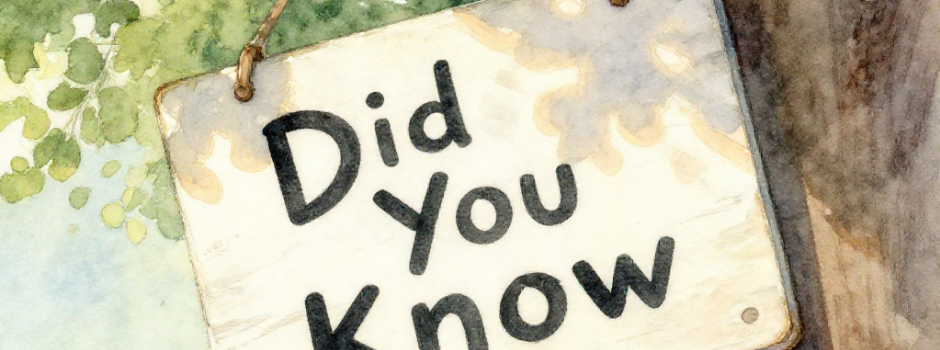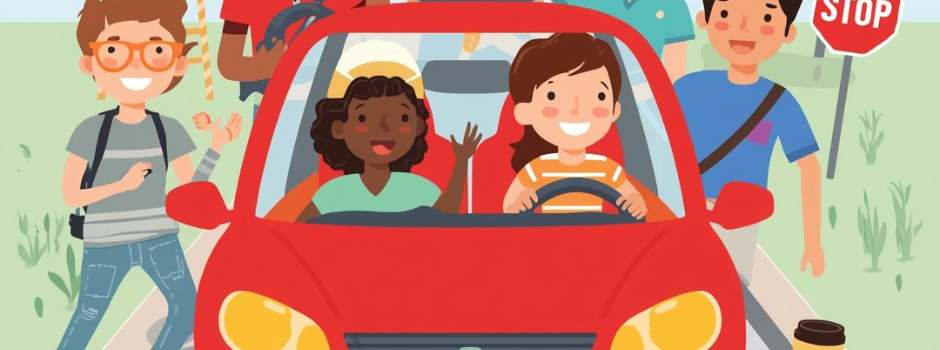Auto insurance has come a long way since cars first hit the road in the late 1800s.
The first known auto liability policy in the U.S. was written for Gilbert J. Loomis in 1897, protecting him if his car injured someone or damaged property. As cars became more common and crashes more costly, states began stepping in, with Massachusetts becoming the first state to require car insurance in the 1920s. From simple liability coverage to today’s comprehensive, customizable policies, auto insurance has evolved to keep up with technology, traffic, and the way we live on the road.
Most of us love to talk, especially if it’s about something that we’re passionate about. That’s why it’s so easy for us to schedule insurance reviews even if you’re not passionate about insurance, it’s a good idea to have a regular insurance review to make sure your policies are still working for you the right way. But when should you have them?
Before Renewals: Let’s look at your coverages before they renew for the next policy period.
Before Storm Season: We can check your policies before claim events happen.
After the Holidays: New stuff means new items to cover.
Start of the School Year: New cars, traffic, and new commutes are a good time to review.
Not sure when you had your last review? No judgment! Message us now to set up a quick checkup.
Teen drivers bring big changes for families, and driver’s education is one of the best ways to start them safely.
- Approved driver’s ed can help teens build safer habits and may even qualify families for lower premiums with many insurers.
- Paired with good grades, a clean record, and clear rules from parents, it can reduce both risk and cost.
If your teen is starting driver’s ed or just got a permit, contact our office to review your coverage and explore available discounts.
Actual Cost Value, Replacement Cost Value and Agreed Loss. These are all forms of insurance loss settlement. Loss settlement determines how your insurance pays after a claim. Do you know how your policy pays? Call us to learn more!
Do you know what your homeowner’s policy covers? Today let’s talk: Coverage D, also known as Loss of Use. Coverage D helps pay for living expenses if you can’t stay in your home after a covered loss. To learn more, contact your agent.
Do you know your Coverage ABC’s? Coverage C, also called Personal Property Coverage, protects the belongings inside your home. Connect with your agent to learn more.
Do you know everything your homeowner’s policy covers from Coverage A to Coverage F? Today we’re talking Coverage B. Coverage B insures other structures on your property, not considered part of your dwelling. Contact your agent to learn more.
Home Insurance is as easy as A, B, C (D, E, F) … Have you been confused by the term Coverage A in your homeowners’ policy? We’re here to help! Contact your agent to learn more about Homeowners insurance, Coverage A and the ABCs of your policy.
As we approach this season of gratitude, we want to take a moment to express our heartfelt thanks for your trust and loyalty. At Sound Insurance Solutions, we’re grateful for the opportunity to serve you and help safeguard what matters most to you.
Thank you for choosing us as your partner in protecting your future. We truly value the relationship we’ve built with you and look forward to continuing to support you with the highest level of service.
Wishing you and your loved ones a warm, joyful, and safe Thanksgiving. May this holiday season be filled with happiness and peace.









